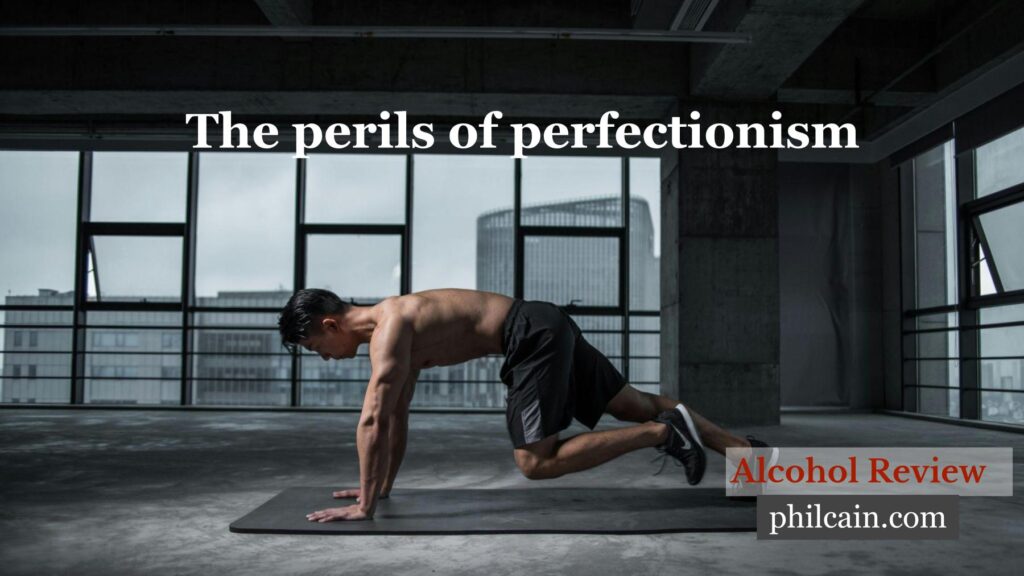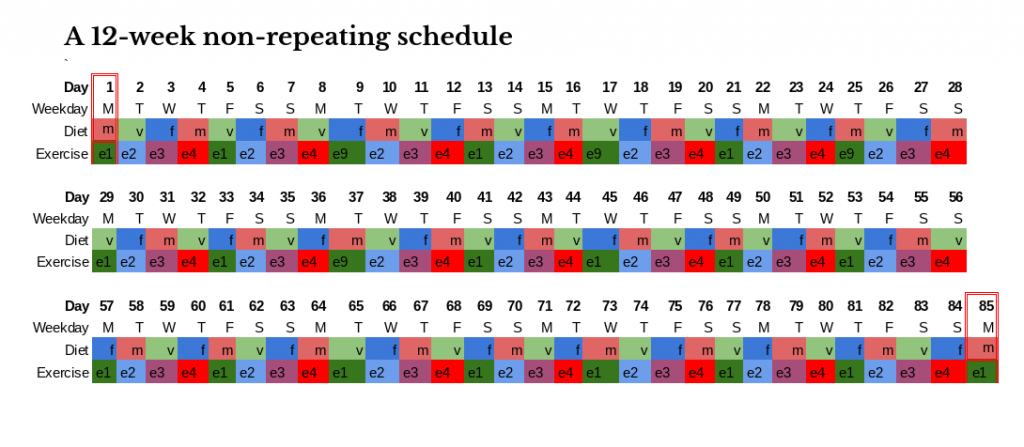
Being health conscious–by minimising alcohol, for instance–dramatically reduces our reasons for worry, but an unhelpful level of perfectionism can make us less carefree than health risk denier.
This piece continues for logged in supporters from any platform. You can retrieve your password using the form below. The story is also on Substack.







